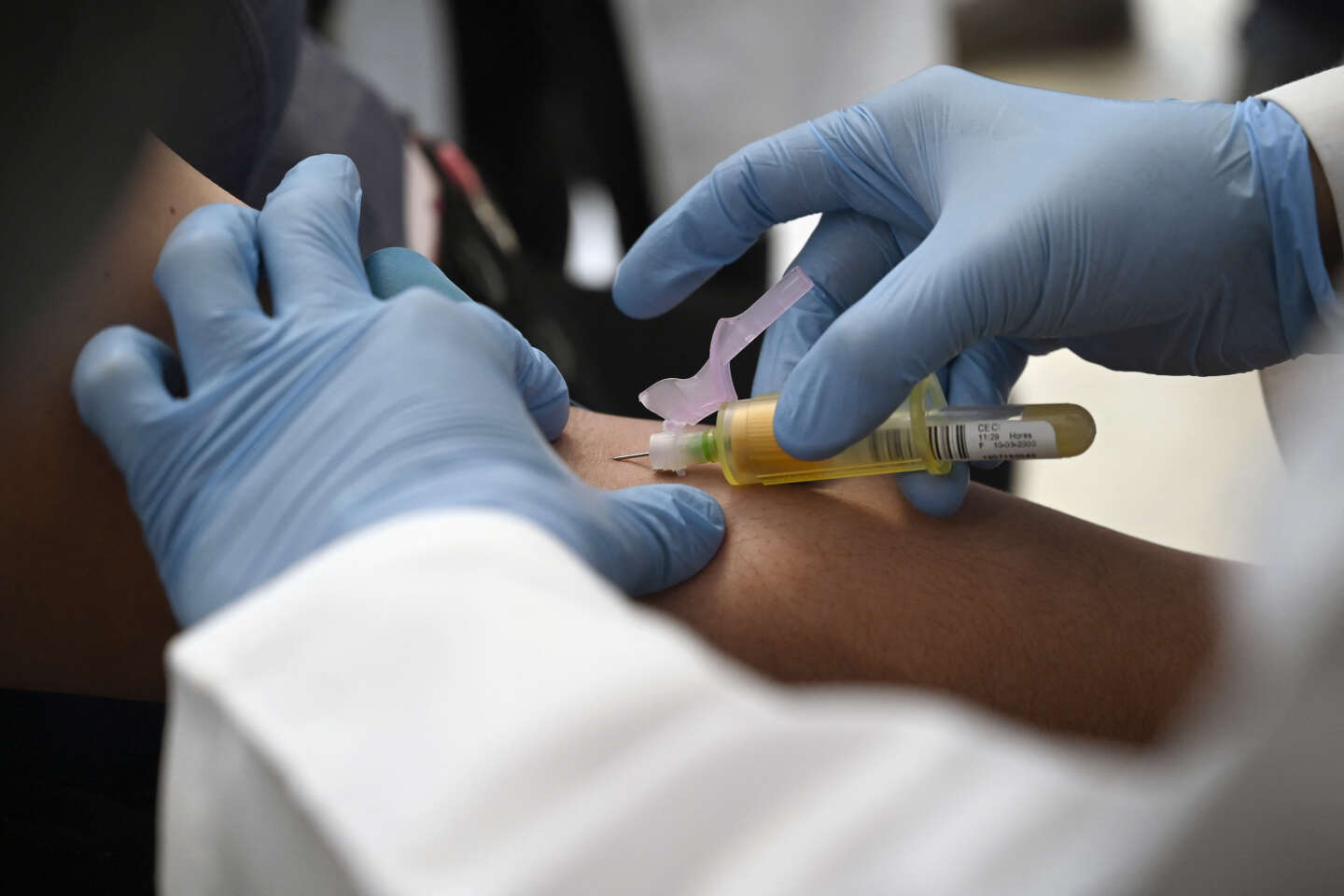It’s an observation “dramatically constant” that HIV experts in France are drawing up. In almost a third of patients, the diagnosis is even far too late and treatment begins at an advanced stage of the infection. A situation that has not improved since the early 2000s. And this, “despite the screening and access to care policy”underlines Sophie Grabar, public health doctor at Inserm and Saint-Antoine Hospital (AP-HP, Sorbonne University, Paris).
This is evident from the results presented on Thursday, March 14, during a press conference by the National Agency for Research on AIDS and Viral Hepatitis – Emerging Infectious Diseases (ANRS MIE). Shortly before, these data were revealed at the Conference on Retroviruses and Opportunistic Infections, which was held in Denver (United States) from March 3 to 6.
Between 2002 and 2016, 64,400 people living with HIV were admitted to French hospitals (except in Nouvelle-Aquitaine, where patients are monitored separately), within a cohort set up by the ANRS MIE. “This cohort includes approximately 68% of all patients treated on French territory”, specifies Sophie Grabar, who coordinates the monitoring. The advantage: it makes it possible to measure the impact of care on mortality.
Significant impact on mortality
The results are constructive. Of the patients in this cohort, only 51% arrived at the hospital at an early stage of infection: their CD4 cell count (the soldiers of immunity that are the main targets of HIV) was greater than or equal to 350 cells per cubic millimeter. blood; 20% reached an intermediate stage of infection, with a CD4 count between 200 and 350.
Even more serious, 28.4% of patients were hospitalized with advanced disease. Among them, 19.5% had a CD4 count of less than 200 cells per cubic millimeter; and 8.9% had even declared AIDS, characterized by the presence of at least one “opportunistic” disease related to the virus (tuberculosis, Kaposi’s sarcoma, malignant non-Hodgkin’s lymphoma, etc.).
Another worrying observation: the share of people who were admitted to care very late has not or very little improved between the period 2002-2013 and the period 2014-2016, from 28.8% to 26.5%. A recent study, covering the Nouvelle-Aquitaine region, supports this observation. “In 2021, 30% of patients with late-stage HIV remained in care”complains Sophie Grabar.
